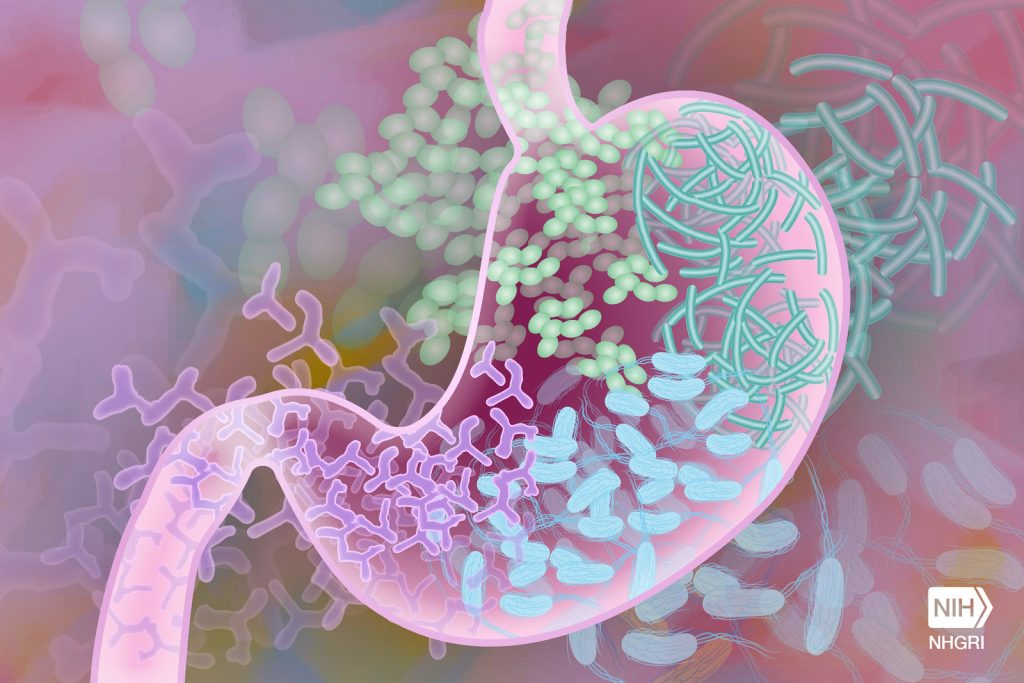Simple Dietary Supplement in Type 1 Diabetes Calms Immune System

A clinical trial performed by Australian scientists showed that a simple dietary supplement that targeted gut microbiota could improve gut health and strengthen the immune system in individuals with type 1 diabetes.
The supplement is a type 2–resistant starch consisting of a high-amylose (70%) maize starch that has been modified by bonding the acetate and butyrate. The supplement is resistant to digestion in the upper gastrointestinal tract and delivers a very high yield of short-chain fatty acids (SCFAs) in the colon. This makes it a useful tool to measure the effect of SCFAs on intestinal biology.
According to senior author and lead investigator Dr Eliana Marino, the study tested 21 adults with type 1 diabetes who incorporated the supplement into their daily diet for six weeks. Increased production of metabolites by the gut microbiota was observed, specifically SCFAs. This has an important role in preventing type 1 diabetes.
“People with 1 diabetes have shown altered gut microbiota and reduced production of short-chain fatty acids in stools and blood. We previously have demonstrated that the supplement used in this human study protected mice from diabetes,” said Dr Marino.
Published in Microbiome, the clinical trial showed that participants’ blood immune cells developed a more regulatory phenotype post-intervention.
“We were very excited to find that blood immune cells had become more regulated. Because type 1 diabetes is caused when the immune system becomes too activated and attacks the insulin-producing cells in the pancreas,” said co-lead researcher Associate Professor Hamilton-Williams.
“Type 1 diabetes is a lifelong autoimmune disease that is on the rise with no cure. Individuals living with type 1 diabetes depend on insulin treatment. As a consequence, they can develop late life-threatening inflammatory complications, such as kidney failure, neurological and cardiovascular diseases,” said co-lead researcher Associate Professor Sonia Saad
“While glucose control and insulin requirements didn’t change overall, the participants with the highest short-chain fatty acid concentrations showed the best glucose control after the supplementation,” said co-lead researcher Dr Kirstine Bell.
“Using this supplement for longer and starting it earlier in the disease could potentially stop the immune attack, preserving insulin-producing cells and improving glucose regulation,” said Dr Marino.
“This dietary supplementation represents a safe and accessible alternative therapy for many children with type 1 diabetes or other autoimmune diseases. Also, it could decrease the risk of subsequent inflammatory complications such as cardiovascular disease as clinical trials are underway,” said Dr Marino.
Source: Monash University

